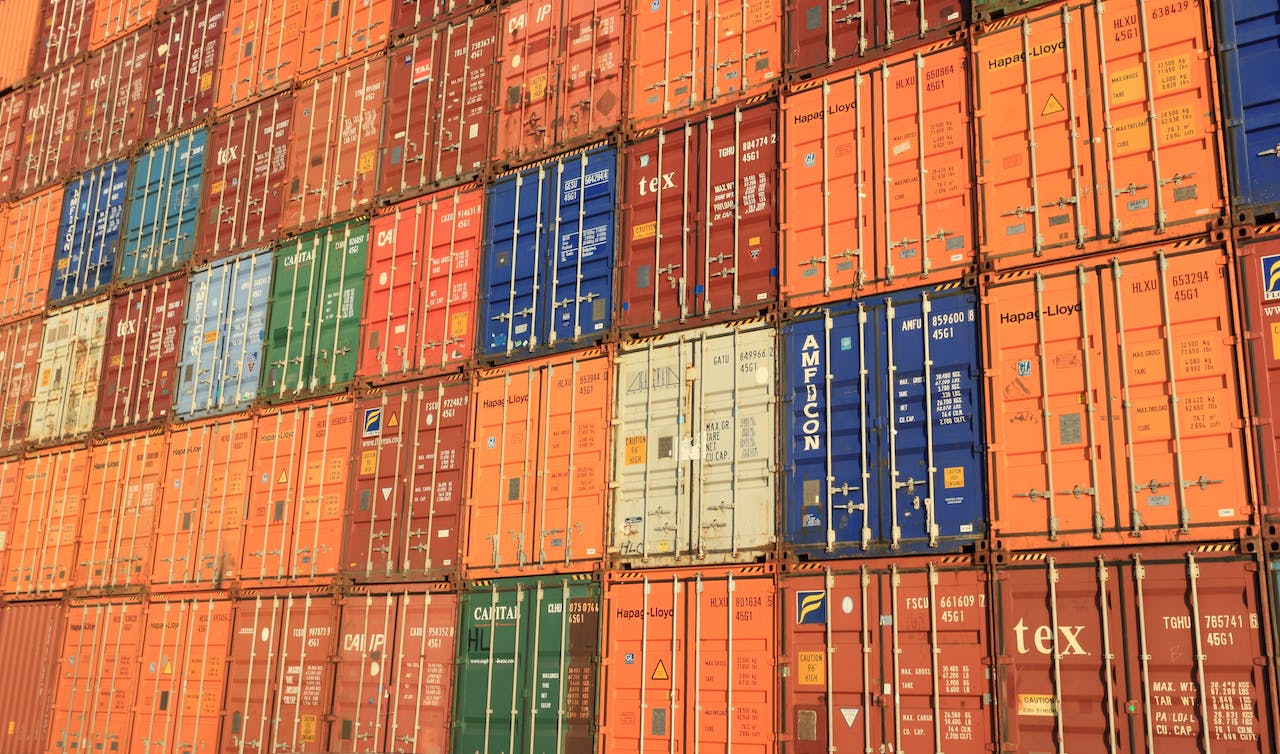Intermodal transportation operates within a complex regulatory environment governed by a multitude of laws, regulations, and standards. In this article, we will explore the regulatory framework surrounding intermodal transportation and discuss key compliance considerations for stakeholders in the supply chain.
Overview of Regulatory Framework:
- Transportation Regulations:
- Intermodal transportation is subject to transportation regulations imposed by government agencies such as the Federal Motor Carrier Safety Administration (FMCSA), Federal Railroad Administration (FRA), and Federal Maritime Commission (FMC).
- These regulations govern various aspects of intermodal operations, including driver hours-of-service, vehicle safety standards, rail safety regulations, and maritime shipping regulations.
- International Trade Regulations:
- Intermodal transportation involves the movement of goods across international borders, making it subject to international trade regulations and customs requirements.
- Compliance with trade regulations such as customs duties, tariffs, import/export controls, and trade sanctions is essential for cross-border shipments and international trade compliance.
Compliance Requirements for Intermodal Stakeholders:
- Carrier Compliance:
- Intermodal carriers must comply with applicable regulations and obtain necessary permits, licenses, and operating authorities to provide transportation services.
- Carriers are responsible for ensuring driver compliance with hours-of-service regulations, vehicle safety inspections, and other regulatory requirements.
- Terminal and Facility Compliance:
- Intermodal terminals and facilities must adhere to safety, security, and environmental regulations to ensure the safe and efficient handling of freight.
- Terminal operators are responsible for maintaining safe working conditions, complying with environmental regulations, and implementing security measures to protect cargo and personnel.
Challenges and Opportunities:
- Regulatory Complexity:
- The complexity of regulatory requirements poses challenges for intermodal stakeholders in terms of compliance management, documentation, and regulatory reporting.
- Regulatory changes and updates require ongoing monitoring, training, and adaptation to ensure continued compliance and avoid penalties or fines.
- Opportunities for Collaboration:
- Collaborative efforts among industry stakeholders, regulatory agencies, and industry associations can help address regulatory challenges, clarify requirements, and streamline compliance processes.
- Partnerships with regulatory authorities enable intermodal stakeholders to provide input on regulatory developments, advocate for industry interests, and influence policy decisions.
Best Practices for Regulatory Compliance:
- Compliance Management Systems:
- Implementing robust compliance management systems and processes helps ensure that intermodal operations comply with regulatory requirements and internal policies.
- Regular audits, inspections, and internal controls help identify compliance gaps, mitigate risks, and maintain regulatory compliance.
- Training and Education:
- Training programs and educational initiatives provide employees and personnel with the knowledge and skills necessary to understand and comply with regulatory requirements.
- Ongoing training on regulatory updates, changes, and best practices ensures that personnel remain informed and capable of fulfilling compliance obligations.
Navigating the regulatory landscape is essential for ensuring compliance and minimizing risks in intermodal transportation. By understanding the regulatory framework, implementing effective compliance management systems, and fostering collaboration with regulatory authorities and industry partners, intermodal stakeholders can navigate regulatory challenges, maintain operational integrity, and uphold the highest standards of safety, security, and compliance in the global supply chain. As regulations continue to evolve, proactive engagement, continuous improvement, and a commitment to compliance excellence will be essential for success in the dynamic and highly regulated world of intermodal transportation.
